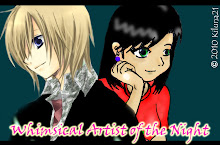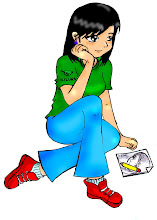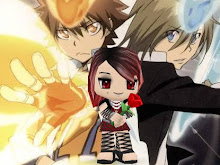One of the most lethal diseases that had ever attacked mankind is love. It can change you, make you euphoric, sometimes make you depressed or it can make you a moving cadaver. It’s like having a pseudoschizoprenia or a pre-episode of this dementia praecox. Too much pain is like having angina or myocardial infarction or even worst, since in this condition there is a corresponding medical treatment, but in love there is none.
The predisposing factors include men and women of all age groups, race and nationality. Nobody had immunity against it and no vaccine is available.
But is love really a disease or just a normal way of life, a negative feedback in our body, triggered by an increase or decrease of the different neurotransmitters and hormones in our system?
According to Dr. Helen Fisher, a psychiatrist in
The first stage is Lust and it is said that it is driven by the sex hormones testosterone and estrogen in both men and women.
The second stage is Attraction. It is said that it is driven by the neurotransmitters adrenaline and cortisol, of which are activated by your stress response. This is the reason why people who are beginning to be in-love will develop diaphoresis (excessive sweating), tachycardia and a dry oral mucosa. Dopamine also affects this stage and it stimulates “desire and reward” by triggering and the intense rush of pleasure. In this stage there is also a decrease in serotonin which is responsible in your “obsessive-compulsive-like” addiction to your love-interest which causes his or her face appears on your sight which gives you long sleepless nights.
The third stage is Attachment. It happens after marriage (or to some, even before). This bond will keep them together long enough for them to create their own family. The hormones involved during this stage according to scientist are oxytocin and vasopressin.
“Romantic love is not an emotion but a motivation system, a drive, it is part of the reward system of the brain” says Dr. Fishner. It’s a need, a necessity which drives humans to search a life long partner.
Motivation system, emotion, disease, ecstasy or what ever things people used to describe it, it’s still the same. It is love, the most perplex phenomenon that could fool even the greatest, wisest people in history. Love has its own physiology or to others, pathophysiology and even studies had been made about how it works the only ones that could really understand are the ones involved in the relationship. Trite yet true.





















